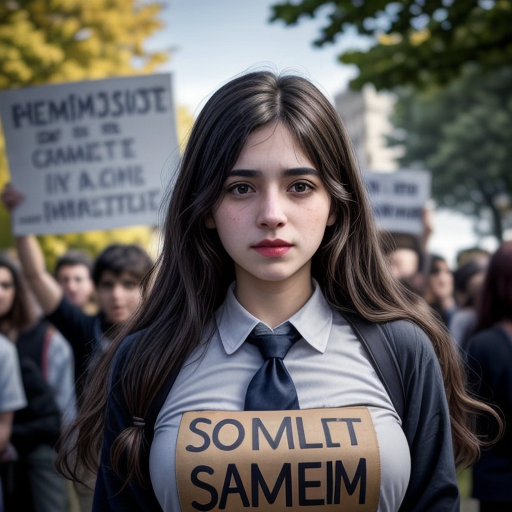
I’m a Jewish student at Yale. Here’s what everyone is getting wrong about the protests
- During the protests, Jewish students made sure to include Jewish voices and perspectives in the decision-making process.
- Jewish students led singing and prayer in protest of the war in Gaza.
- Students gathered weekly on Friday afternoons in Beinecke Plaza as Jewish classmates led even more singing and prayer in protest of the war in Gaza.
I do not deny that there has been a shocking and upsetting rise in antisemitism over the last few months, including several instances of antisemitism right at Yale and in New Haven. Last fall, one professor’s post on X (formerly Twitter) appearing to praise Hamas’ October 7th attack sparked a petition for her to be fired.
I have had countless painful conversations with close friends trying to explain to them how their rhetoric has at times minimized the killing and hostage-taking of Israeli Jews and how that language hurts their Jewish classmates, myself included.
But when people see pro-Palestinian protesters arrested at the same time as President Joe Biden and others are warning about a surge of antisemitism on college campuses, they apply the same tired framework — supposedly antisemitic pro-Palestine activists pitted against Jewish pro-Israel activists — to Yale. As a fourth-year Yale student, I find this characterization to be deeply frustrating, as it could not be further from the truth.
At every turn, I have encountered a community of activists and organizers that is eager to listen, ready to learn and committed to including Jewish voices and perspectives. |
For example, as part of the difficult work of building a pluralistic protest environment, the coalition has listened to Jewish voices in the collective decision-making on what language to use, ultimately agreeing to not lead chants such as, “There is only one solution: Intifada revolution,” that made some Jewish students feel unsafe. |
Although this chant has been heard on Yale’s campus, it was not approved or started by protest organizers as a result of this ongoing dialogue. |
Last semester, I lit Chanukah candles outside Yale President Peter Salovey’s house each night of the holiday, followed by communal singing and praying until the candles finished burning. We were demanding that Yale call for an immediate ceasefire in Gaza and commit to protecting campus free speech after Columbia University banned pro-Palestinian student groups. |
This semester, students have gathered weekly on Friday afternoons in Beinecke Plaza as Jewish classmates led even more singing and prayer in protest of the war in Gaza. |
Throughout this past week, large student groups of many faiths frequently joined in singing “Mi Shebeirach,” the Jewish prayer for healing, and “Olam Chesed Yibaneh,” which calls for building a world where compassion leads. |
Last Saturday evening, fellow students led those assembled in havdalah, marking the end of Shabbat. And Monday night, students and New Haven residents collaborated to lead the community in a Passover seder — all on Yale’s campus. |
These experiences have been deeply meaningful for me, not just on a political level, but also on a fundamentally spiritual one. |
To see Yale protests once again swept up in accusations of antisemitism denies this experience and invalidates the Jewishness of those calling for an end to the violence in Gaza. |

.png)
0 Comments